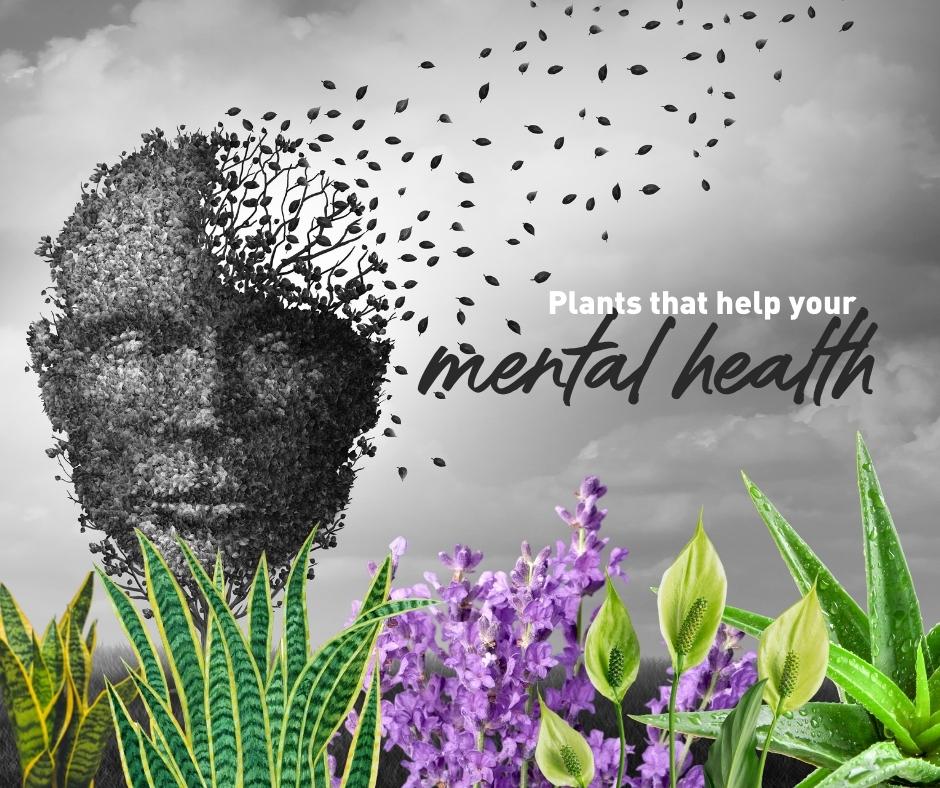The benefits of gardening for your mental health are phenomenal. Diving deeper, you will find various plants that can help you with sleep deprivation, anxiety, stress, inflammation, depression and even act as a natural air purifier removing toxicity from the air.
Most research tie gardening into practicing mindfulness or as a form of meditation as its extremely therapeutic. By being outside, getting a natural dose of vitamin D from the sun, Exercise through the constant movement (however big or small) and practising dexterity by using various gardening tools. The sensory aspect of breathing in the smells and Studies have even showed 5 minutes looking at your garden can be a stress release as you get a sense of satisfaction. Together, it is all a natural way of triggering the neurons which release endorphins and promote serotonin in our brain.
But as mental health becomes a major topic in today’s world, we have learnt more about the types of mental health issues that are more common today like anxiety, stress, depression, & insomnia to name a few. I wanted to dive into the specifics of what different plants help you with the various mental ailments.
8 Plants that help your mental health
1. Chamomile
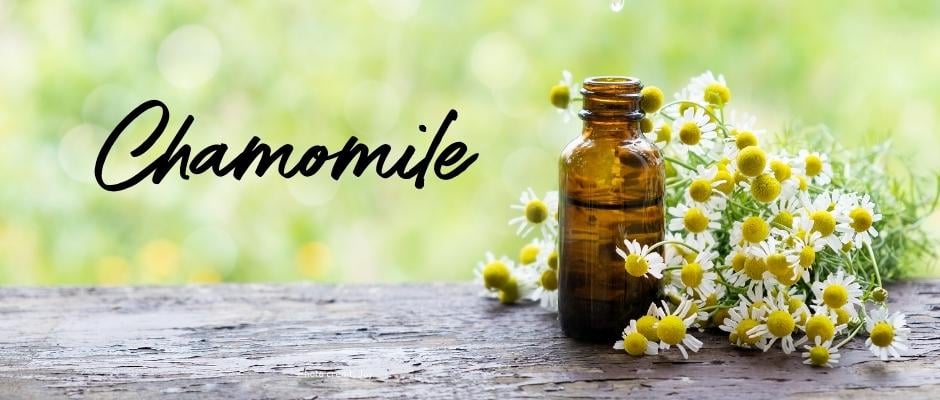 Usually used in tea as an extract, tablet or as a skin cream. It is known to relieve stress and anxiety.
Usually used in tea as an extract, tablet or as a skin cream. It is known to relieve stress and anxiety.
How to grow a Chamomile Plant - From Seed - start indoors. Seed’s need light, press firmly but don’t completely cover seeds under soil, and water regularly.
How to care for your Chamomile Plant - Chamomile likes warmth and lots of sun, they do not like cold. They tend to bloom in the spring and summer. If you want more bloom it is recommended to deadhead (trim the dead leaves) but otherwise you can leave it on its own.
2. Lavender
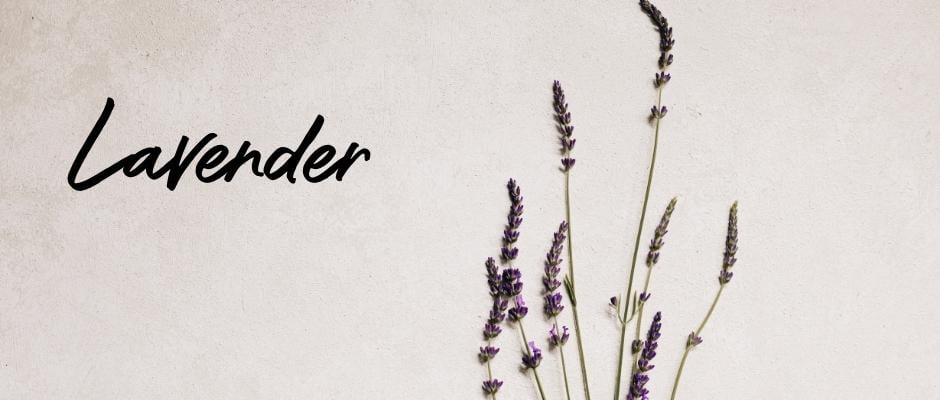 The amazing aroma is enough to want this plant around, then you add the beautiful colours of the flower and you have a great sensory plant for both indoors and outdoors. Lavender plants decrease anxiety and creates a calming atmosphere specifically helpful as a sleep aid. Lavender plants also have antiseptic and anti-inflammatory properties.
The amazing aroma is enough to want this plant around, then you add the beautiful colours of the flower and you have a great sensory plant for both indoors and outdoors. Lavender plants decrease anxiety and creates a calming atmosphere specifically helpful as a sleep aid. Lavender plants also have antiseptic and anti-inflammatory properties.
How to care for your Lavender plant - Keep the lavender plant in a bright area (can grow in semi-shade though, keep away from strong winds). Only water it when the soil is dry to the touch as too much watering can shorten its life span. Needs well drained soil.
3. Aloe Vera
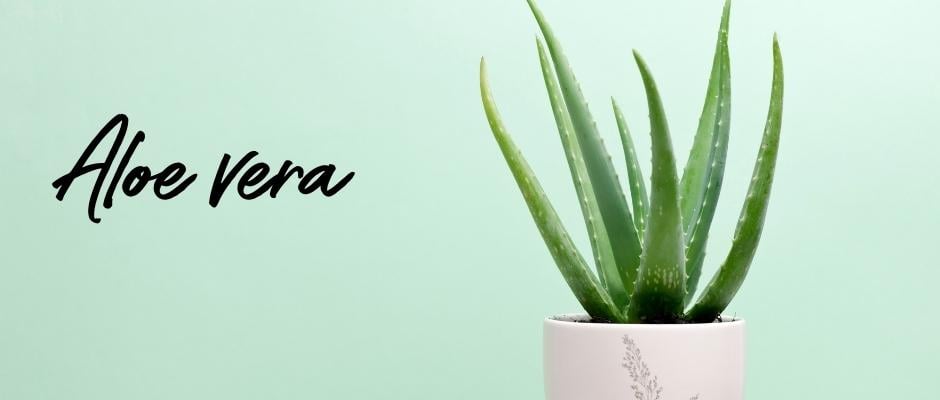 Great for reducing anxiety and stress. Aloe Vera has anti-inflammatory and air purifying properties.
Great for reducing anxiety and stress. Aloe Vera has anti-inflammatory and air purifying properties.
How to grow aloe vera - You can plant aloe vera any time of the year in full sunlight. Use a potting mix that has great drainage like Rocky Point’s Coco Pro or evenRocky Point’s Succulent & Cacti Mix as it needs a controlled fertiliser once every year which both potting mixes have.
How to care for an aloe vera plant - This low-maintenance plant does well being watered on a weekly basis and soaking in some sun. Not a lot of light? It can still work its magic under indirect sunlight when placed on a windowsill.

4. Eucalyptus
Always recommended when someone is sick, the aroma alone can help free up the airways when you’re clogged with the flu. It’s also an air purifier.
How to grow a Eucalyptus plant - Best time to plant is spring. They love full sun exposure, need well drained soil with an acidic neutral ph. Tends to bloom in Summer. Just make sure you have space for its size. It is drought resistant plant.
How to care for a Eucalyptus plant - Eucalyptus requires full sunlight and needs to be watered regularly.
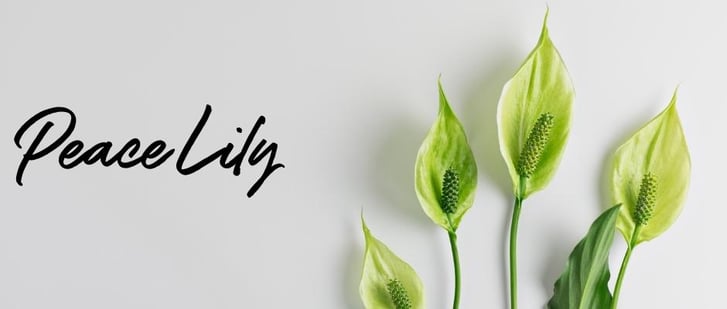
5. Peace Lily
According to studies a Peace Lily filters harmful toxins and pollutants from the air. It's great at reducing toxic household/ office chemicals and mould spores.
How to grow a Peace lily - Loves rich soil with great drainage, try Rocky Point’s Coco Pro. Plant in in-direct sunlight. Loves indoor climate. And prefers a warm climate when outdoors.
How to care for a Peace Lily - Keep out of direct sunlight as it will burn the leaves. Water regularly, keeping soil moist. Wipe plant leaves down regularly to ensure they can photosynthesis.
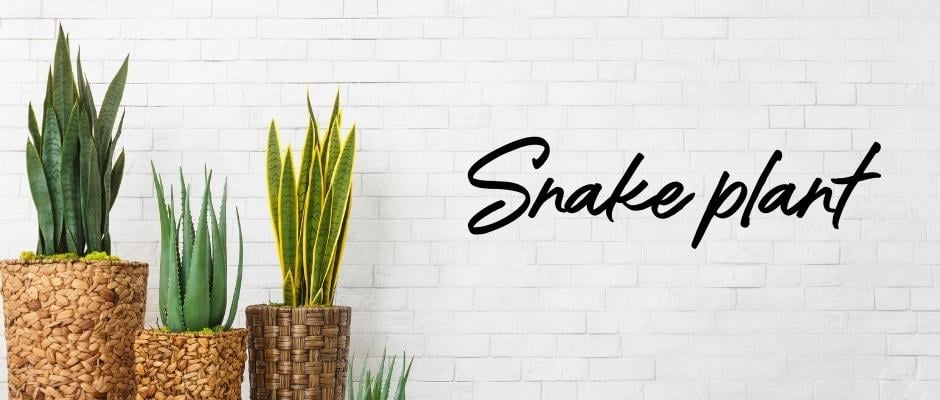
6. Snake plants
An easy to care, low maintenance indoor plant with its snake/sword like leaves. Snake Plants remove airborne toxic pollutants that impact your sleep, mood and energy levels.
How to grow a snake plant - Snake Plants like a sandy, well-drained soil, slightly acidic try Rocky Point’s Succulent & Cacti Mix . They tend to grow well in pots but will need upsizing frequently depending on the type of Snake Plant you have.
How to care for a Snake Plant: Place plants in low light or bright, indirect light. Water when the top 5 to 7 cm of soil are dry.
Better Earth Tip: Slowly introduce light to the snake plant if you’re moving it from a shady spot to a sunny spot. For fast growth do this in summer by putting outdoors.
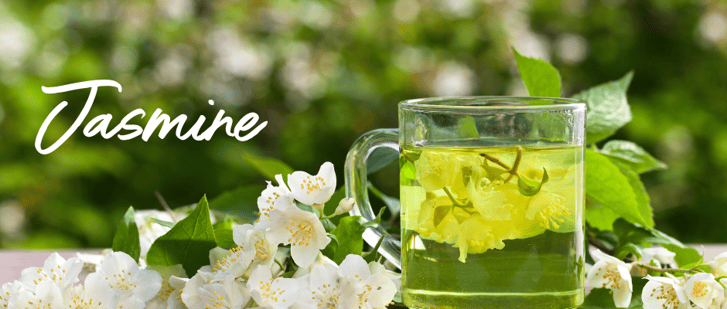
7. Jasmine
Brings a night time fragrance into your home and helps with depression, anxiety, stress, panic attacks and insomnia.
How to care for a Jasmine plant - Likes a light room with great air circulation. It does not like direct sunlight. Some say it can only handle 4 hours max of direct sunlight per day. Jasmine plant loves a soil that’s more moist (not soggy). Repot and prune every Spring.
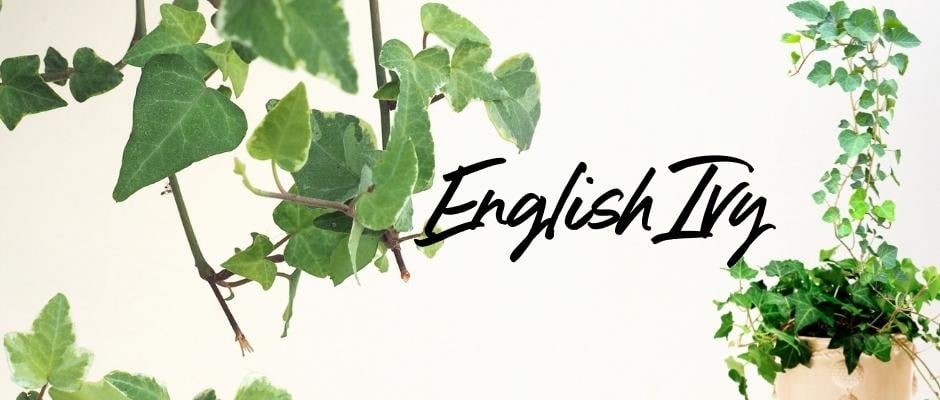
8. English Ivy
Great for promoting good sleep and reducing air pollution. English Ivys are known to be good for those suffering from asthma.
How to grow English Ivy - English Ivy grows in sun or shade, and in any soil as long as it's not waterlogged or highly acidic. They prefer soil that is organically rich and moist.
If growing as a house plant, grow it in a bright, cool spot, out of direct sun. It's a good choice for a cool porch, unheated conservatory or draughty hallway.
How to care for your English Ivy - Keep soil moist in the beginning as it grows it becomes drought tolerant. If it’s a house plant water when the top 2-3cm of soil is dry.
While these are only a few of the many plants that can help with mental health, there are many more and so many different ways that can help.
_MEB.png?width=842&height=596&name=RP_HorizontalColour(R)_MEB.png)

